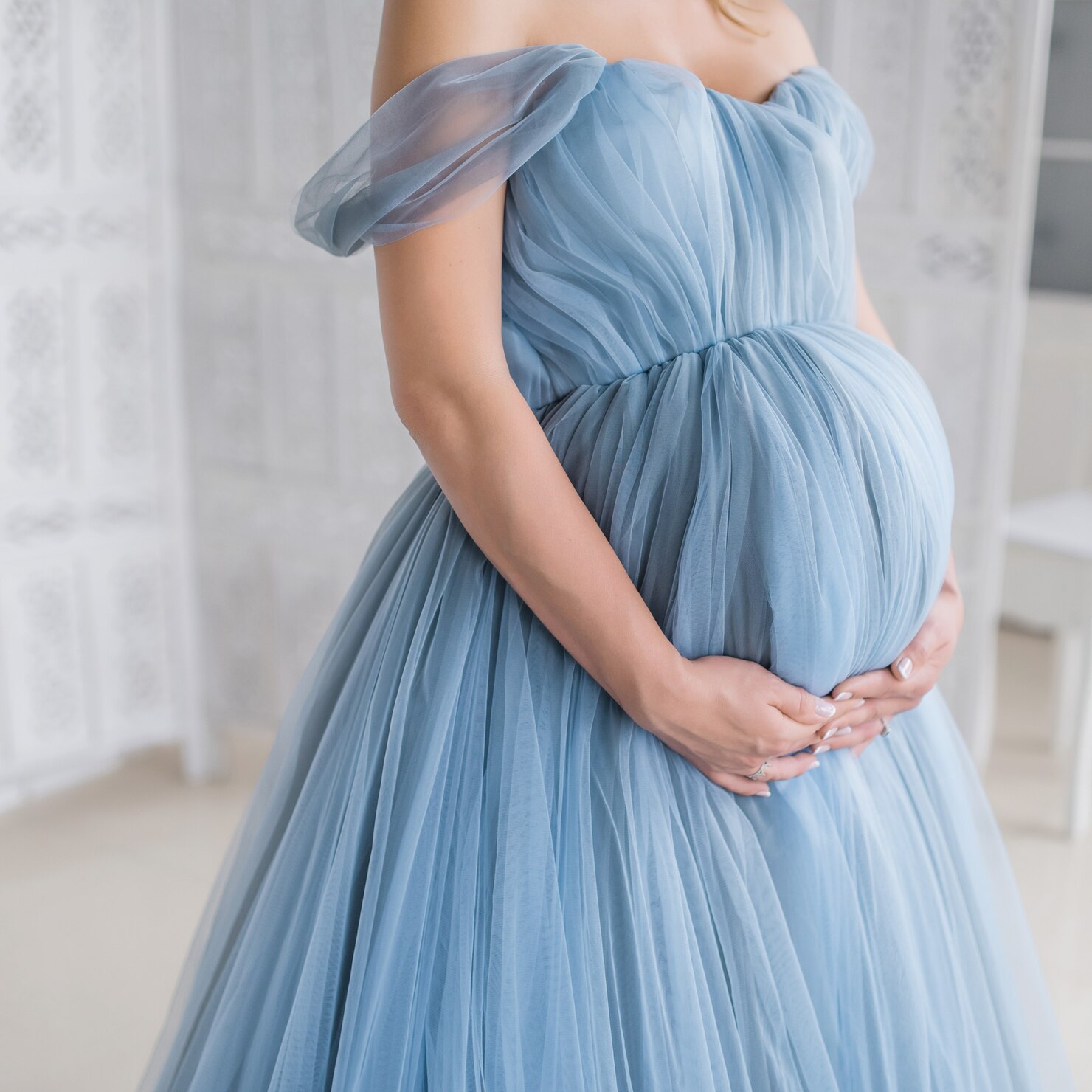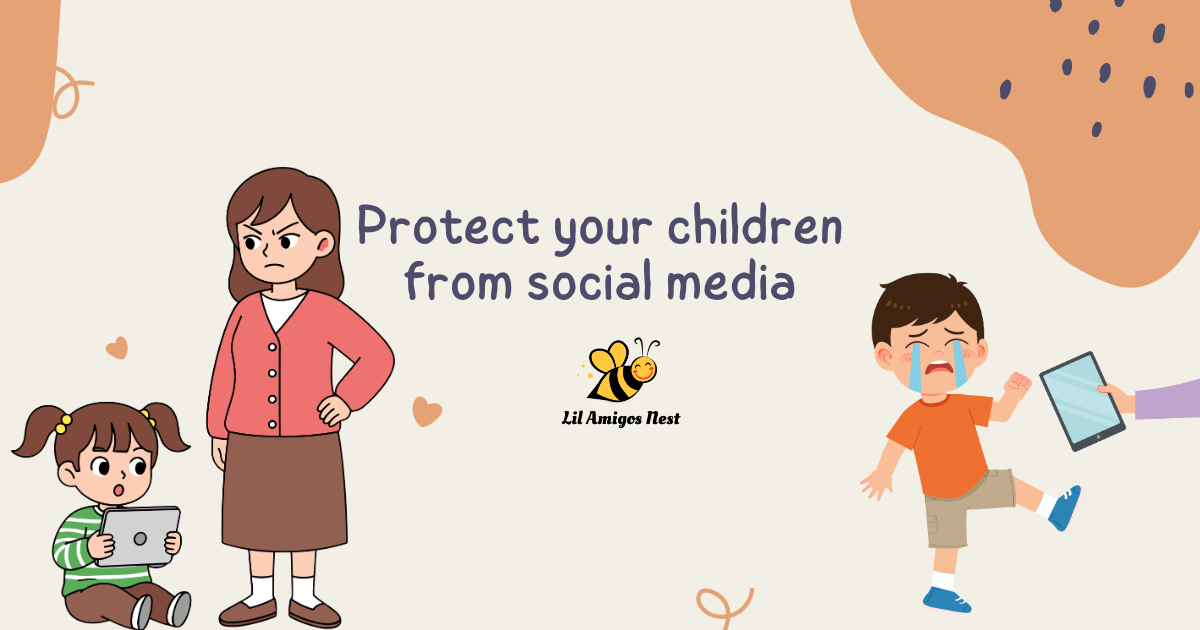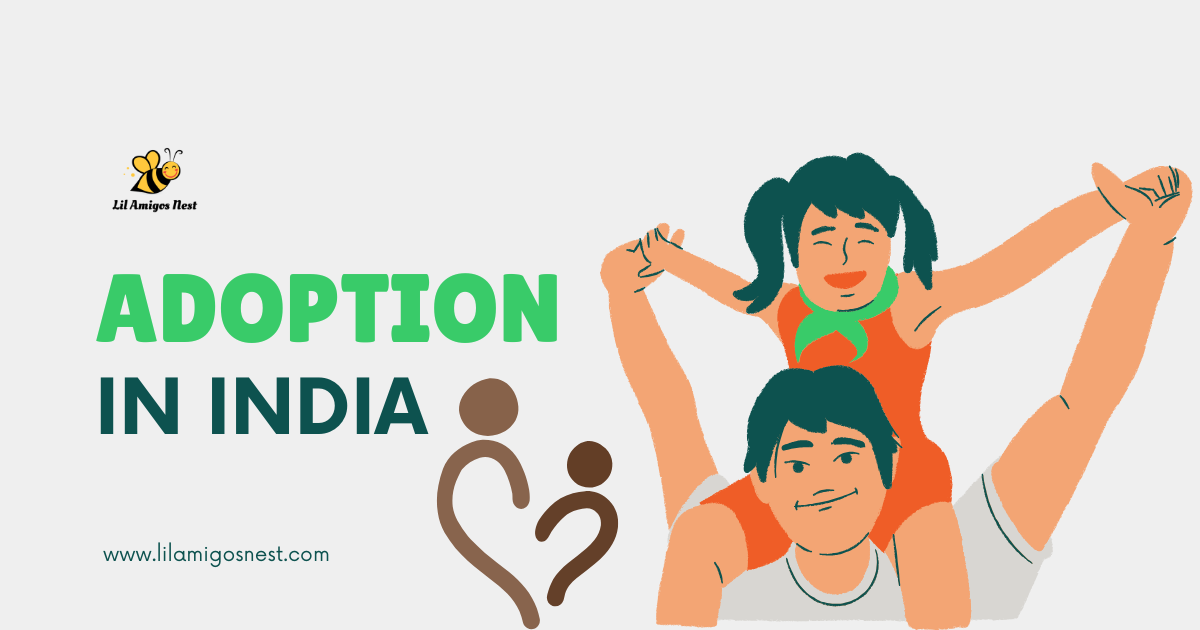Can You Get Pregnant with Endometriosis? A Confident Guide

Introduction: Yes, You Can!
Let’s get straight to the point: yes, you can get pregnant with endometriosis! If you’ve been diagnosed with this condition, you might be worried about your chances of having a baby. Don’t panic—there’s good news ahead. Endometriosis is when tissue like the lining of your uterus grows outside it, causing pain and sometimes other issues. But here’s the truth: endometriosis doesn’t mean pregnancy is off the table. In this blog, we’ll break down everything you need to know about endometriosis, pregnancy, and how the two can work together. We’ll cover endometriosis when pregnant, endometriosis cysts, the endometriosis meaning, whether it’s possible to get pregnant when you have endometriosis, and any pregnancy issues you might face. Ready? Let’s dive in with confidence!
What Is Endometriosis? Understanding the Basics
First, let’s clear up what endometriosis is all about. The endometriosis meaning is simple: it’s a condition where tissue that should stay inside your uterus grows outside it, like on your ovaries or fallopian tubes. This can lead to painful periods, endometriosis cysts (also called endometriomas), and sometimes trouble getting pregnant. But here’s the key: is it possible to get pregnant when you have endometriosis? Absolutely! Many women with this condition have babies every day. Sure, there can be some pregnancy issues, like a higher chance of miscarriage or early delivery, but endometriosis when pregnant doesn’t stop you from having a healthy baby. With the right knowledge and support, your dream of motherhood is within reach.
How Does Endometriosis Affect Fertility?
Now, let’s talk about how endometriosis might make getting pregnant a bit trickier—but not impossible. When that extra tissue grows outside your uterus, it can cause inflammation, scars, or even block your fallopian tubes. Endometriosis cysts on your ovaries might also mess with your eggs or ovulation. Sounds scary, right? Don’t worry—it’s not the whole story. Not every woman with endometriosis has fertility problems. In fact, tons of women with mild or moderate cases get pregnant without any help at all. Studies show that about 30-50% of women with endometriosis might struggle to conceive, but that means 50-70% don’t! You’re not alone, and you’ve got a strong shot at this.
The Good News: Your Chances Are High
Here’s where the confidence kicks in: your chances of getting pregnant with endometriosis are better than you might think. If your endometriosis is mild, you could conceive naturally—yes, just like anyone else. Even if it’s more severe, modern medicine has your back. Doctors can help you with treatments like surgery to remove problem tissue or fertility options like IVF (in vitro fertilization). Millions of women with endometriosis have proven it’s possible. So, stop doubting yourself—your body can do this, and science agrees!
Pregnancy and Endometriosis: What Happens?
Okay, let’s say you’re pregnant—congratulations! What happens to your endometriosis then? Here’s some fantastic news: many women find their symptoms get better during pregnancy. Why? Because your body pumps out hormones like progesterone that calm down that pesky endometrial tissue. Those endometriosis cysts? They often stay quiet while you’re expecting. That doesn’t mean it’s all smooth sailing—some studies say there’s a slightly higher risk of things like miscarriage or preterm birth. But don’t let that scare you. Most women with endometriosis have perfectly healthy pregnancies and adorable babies to show for it.
Boosting Your Chances: Tips That Work
Want to stack the odds in your favor? You’ve got this! Here are some simple, confident steps to boost your chances of getting pregnant with endometriosis:
-
See a Doctor You Trust: A specialist can check how severe your endometriosis is and suggest the best plan. They might recommend surgery or fertility treatments if needed.
-
Track Your Ovulation: Knowing when you ovulate helps you time things perfectly. Use ovulation kits or apps—they’re easy and effective.
-
Stay Healthy: Eat well, exercise lightly, and keep stress low. A happy body is a fertile body!
-
Consider Fertility Help: If it’s taking longer than expected, options like IVF or hormone treatments can give you a big push toward pregnancy.
You’re in control here. Take these steps, and watch your confidence—and your chances—soar!
Endometriosis Cysts: Do They Stop You?
Let’s tackle those endometriosis cysts head-on. These are pockets of old blood that can form on your ovaries, sometimes called “chocolate cysts” because of their color. Creepy name, but they’re not as bad as they sound. Yes, they can affect your ovaries or egg quality, but they don’t automatically ruin your chances of pregnancy. Doctors can monitor them, and if they’re causing trouble, they can often remove them with a quick surgery. Plenty of women with these cysts still get pregnant—some naturally, some with a little help. So, don’t let them freak you out—they’re just one piece of the puzzle.
Pregnancy Issues: What to Watch For
Being real for a second: endometriosis might bring a few extra challenges during pregnancy. Research shows a slightly higher risk of miscarriage, early delivery, or something called placenta previa (where the placenta covers part of the cervix). But here’s the confident truth: these risks are small, and most women sail through pregnancy just fine. Your doctor will keep an eye on you with regular check-ups, and that’s all you need to stay on track. Knowledge is power—knowing what to watch for means you’re prepared, not scared.
Success Stories: Real Women, Real Babies
Need a confidence boost? Picture this: millions of women with endometriosis are moms today. Take Sarah, a 32-year-old who had mild endometriosis and got pregnant naturally after a year of trying. Or Lisa, who had severe endometriosis and used IVF to welcome twins. These aren’t rare exceptions—they’re proof that endometriosis doesn’t define your future. Doctors see this every day: women beating the odds and holding their babies. You’re next in line—believe it!
Treatment Options: Your Path to Pregnancy
If endometriosis is making things tough, don’t sweat it—there’s a fix. Here’s what works:
-
Surgery: A quick procedure can remove scar tissue or cysts, clearing the way for pregnancy. It’s called laparoscopy, and it’s super common.
-
Fertility Drugs: Pills or shots can kick your ovulation into high gear.
-
IVF: This is the big gun—doctors take your eggs, mix them with sperm in a lab, and put the embryo back in you. It’s got a great success rate for endometriosis patients.
These aren’t guesses—they’re proven solutions. Pick one with your doctor, and you’re on your way.
During Pregnancy: Managing Endometriosis
Once you’re pregnant, endometriosis usually takes a back seat. Those hormones we talked about? They often shrink the problem tissue, giving you a break from pain. If you’ve got cysts, your doctor will check them with ultrasounds to make sure they’re behaving. Most of the time, they don’t cause any drama. Just keep up with your prenatal visits, eat right, and rest when you need to. You’re growing a human—endometriosis isn’t going to stop that!
Emotional Strength: You’ve Got This
Let’s talk feelings for a minute. Dealing with endometriosis and trying to get pregnant can be an emotional rollercoaster. Some days, you might feel frustrated or scared. That’s okay—but don’t stay there. You are strong, and you’ve got a team behind you: doctors, family, friends, and stories of women who’ve been exactly where you are. Lean on them. Keep your eyes on the prize—a little one in your arms. That’s worth every second of the journey.
Conclusion: Your Baby Is Waiting
So, can you get pregnant with endometriosis? Yes, 100% yes! It might take a little extra effort for some, but it’s absolutely doable. Whether your endometriosis is mild or severe, whether you’ve got cysts or not, you’ve got options, support, and a real shot at motherhood. Don’t let doubt creep in—millions of women have done this, and you will too. Talk to your doctor, make a plan, and get ready to meet your baby. The future is yours, and it’s looking bright!






















Please complete your information below to login.
Sign In
Create New Account